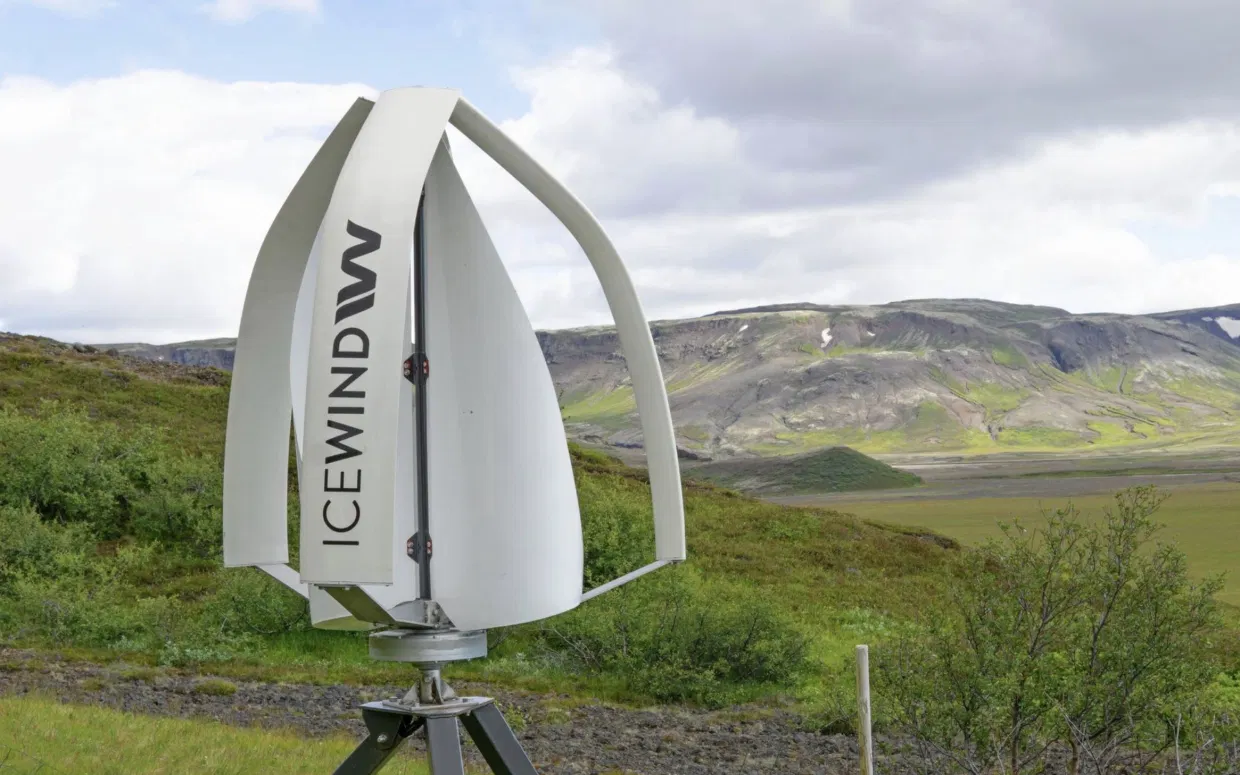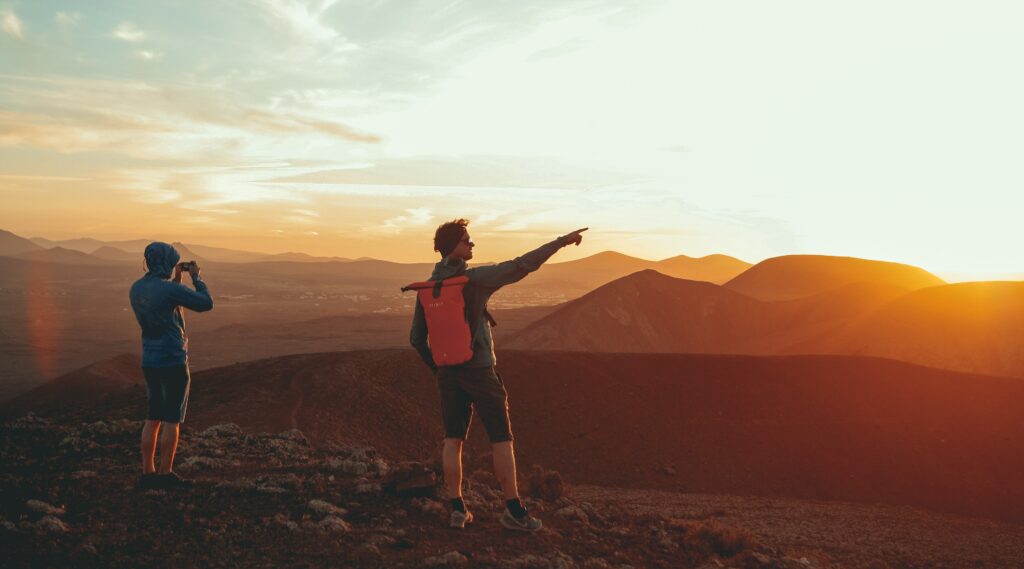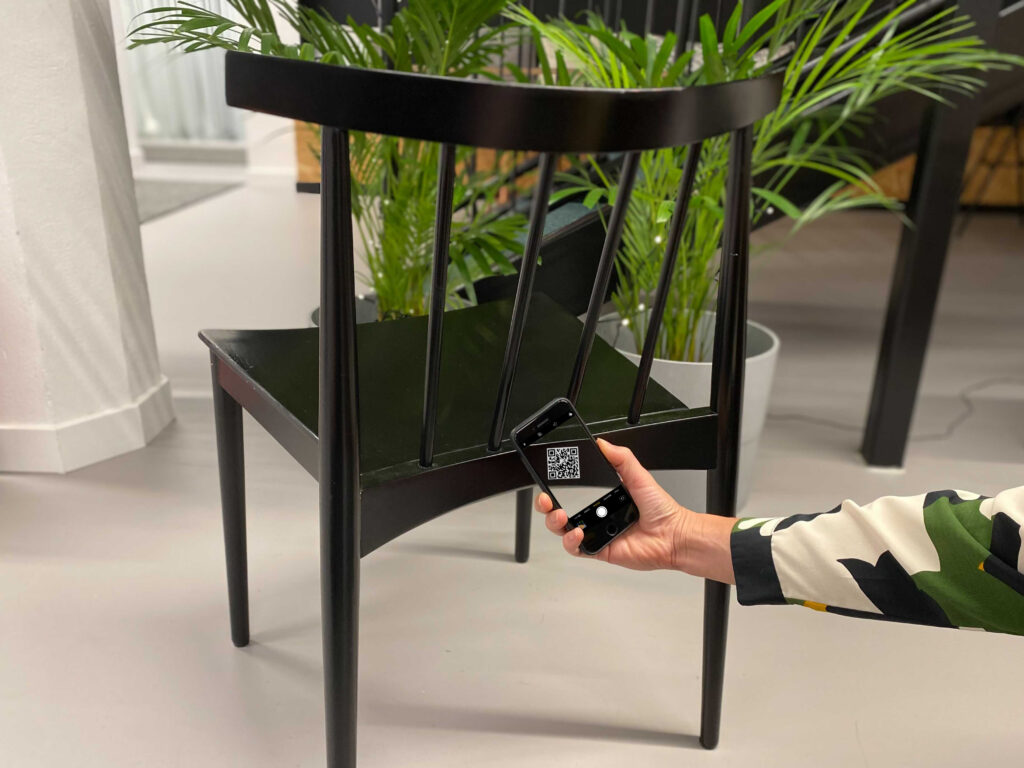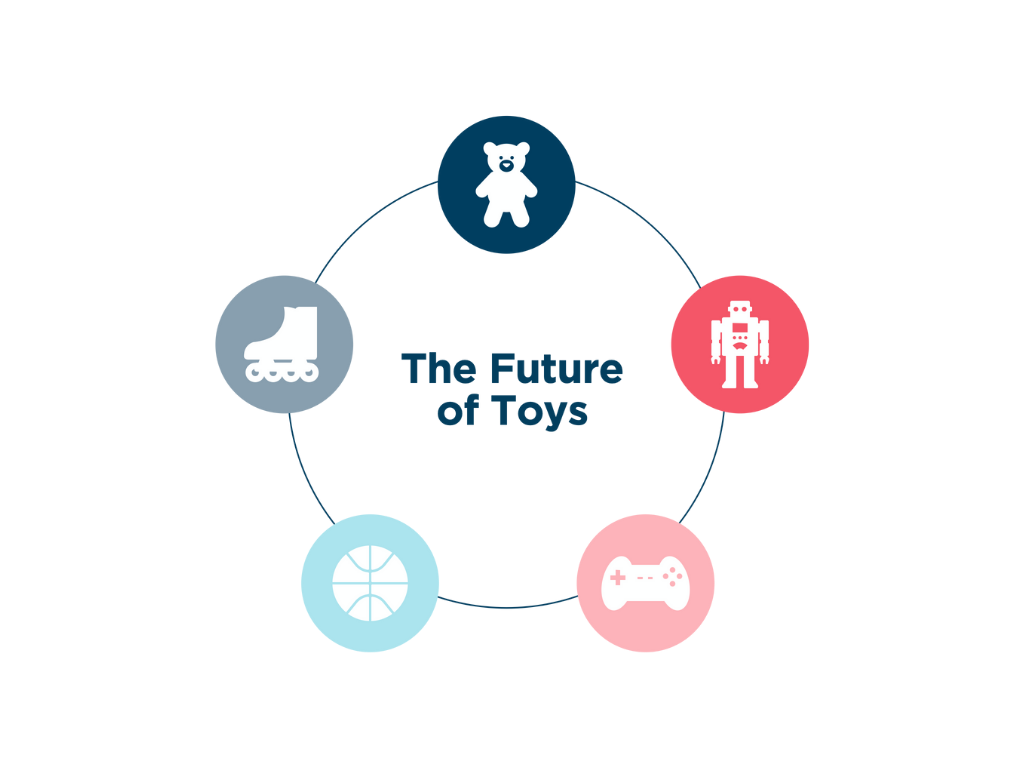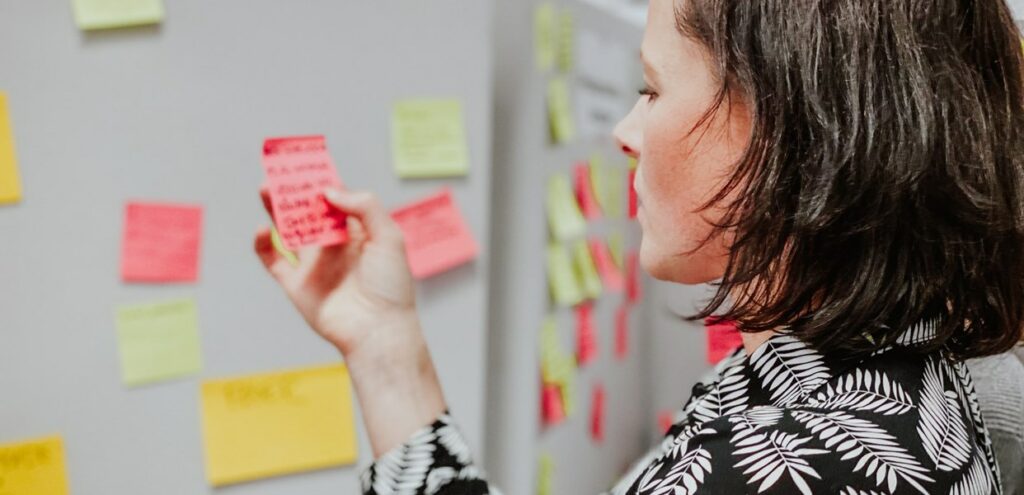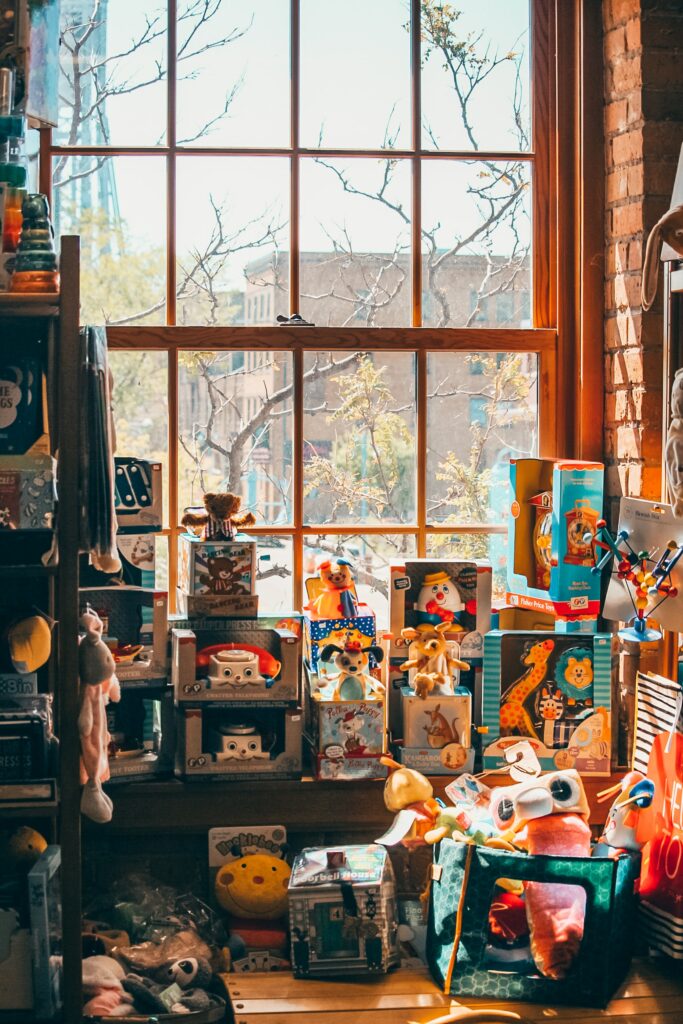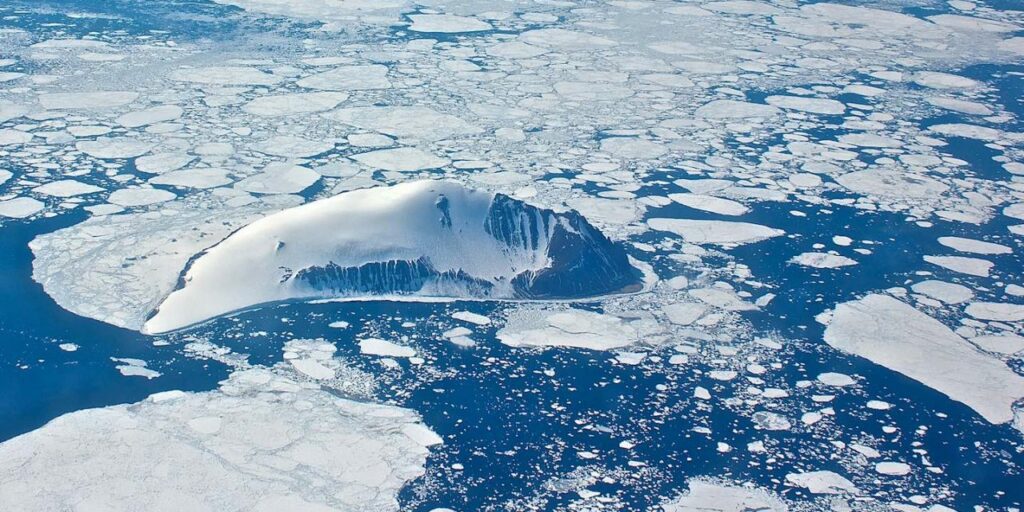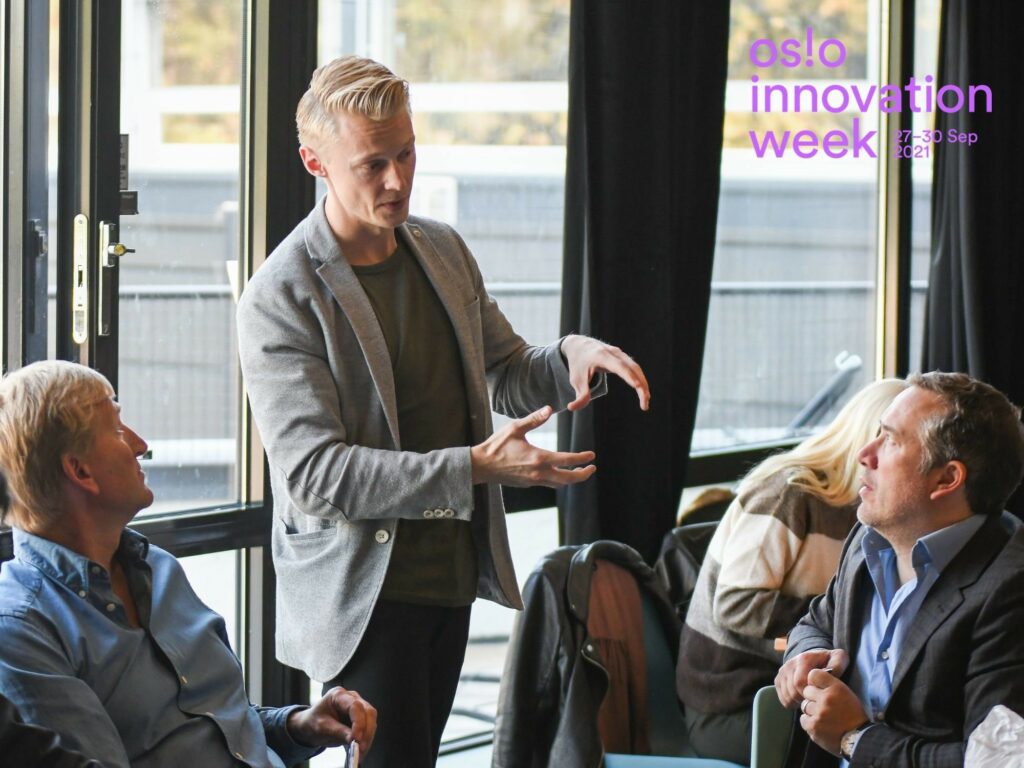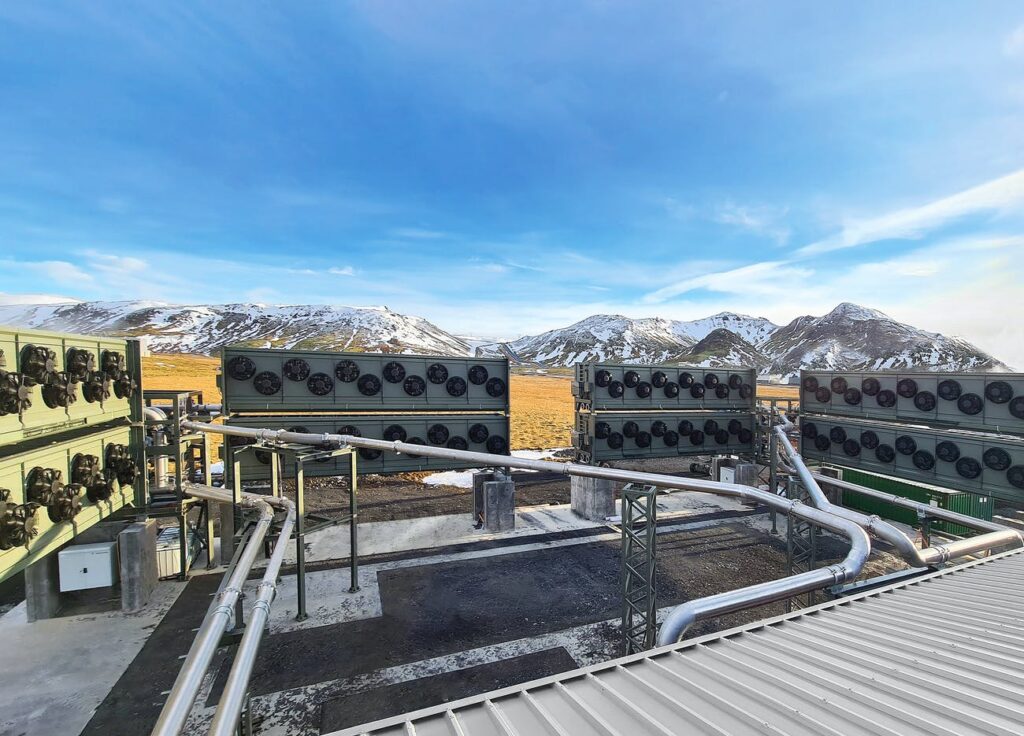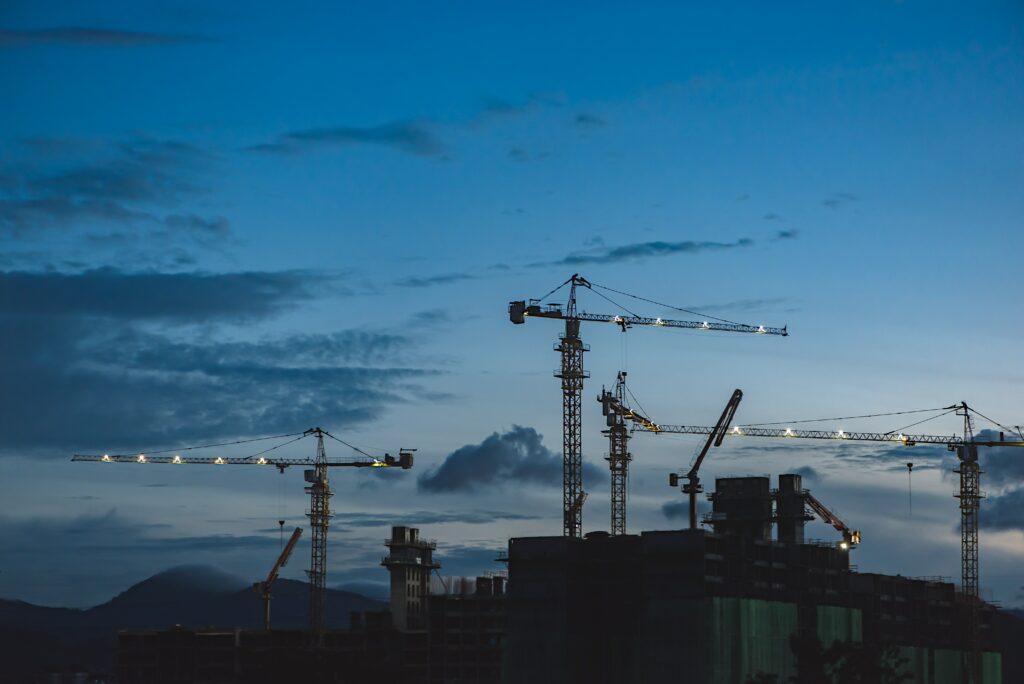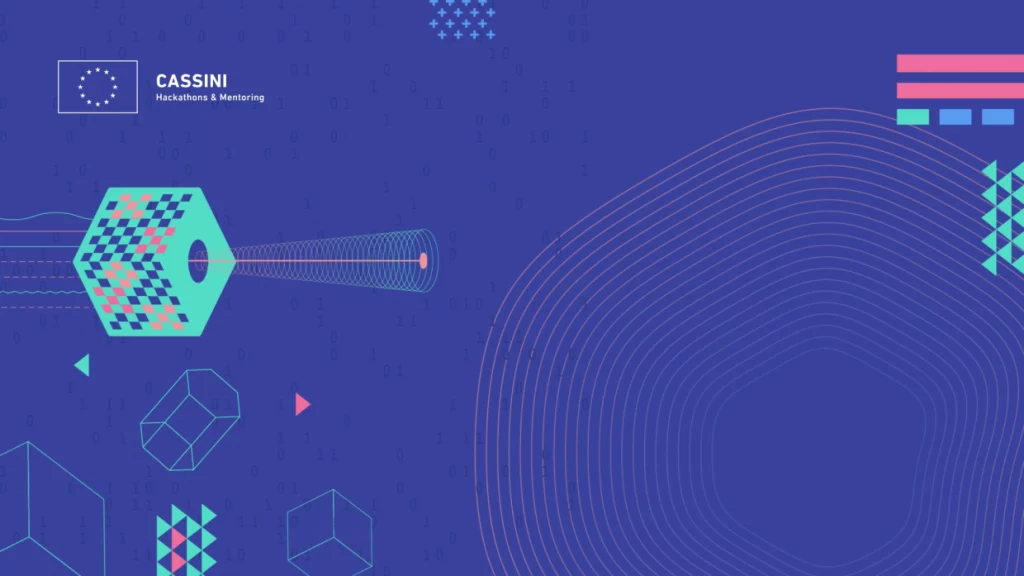5 Icelandic Startups To Keep An Eye On
Earlier this month the annual Hringiðja conference was held in Reykjavík. The point of this conference is to help startups grow their businesses and connect them with industry experts, investors and leading startup hubs. Multiple startups presented their ideas this year but we at Startup Iceland picked the top 5 most promising startups for this post.
IceWind is an Icelandic based startup company that is developing micro vertical axis wind turbines for extreme weather conditions. The turbines are designed to operate in the austere for decades without maintenance. These turbines can power weather stations, surveillance systems, emergency systems and telecoms. Operators of off-grid micro energy systems often rely on diesel engines and solar panels. Diesel engines require refueling, maintenance and are not environmentally friendly. Solar panels do not provide enough energy in the arctic during winter and are therefore not an option. Only 12% of the 780,000 off-gridtelecome towers in the world are powered with renewable energy such as solar and wind. IceWind wind turbines can reduce operational and maintenance cost of diesel driven telecom towers up to 90% and reduce their carbon emissions to zero with a renewable energy platform.
The turbines can provide renewable energy in both on-grid and off-grid applications. They are made from stainless steel, carbon fiber and aircraft grade aluminum. IceWind is providing an energy platform that can be adapted to accept solar and other energy sources in addition to being able to input and collect data from various devices such as weather and seismic sensors. IceWind also provides battery solutions for arctic environments that can withstand -60 celsius.
On to Something
On a daily basis, value leaks out of the economy in the form of surplus materials that arise from the activities of companies and institutions. Raw materials that are today disposed of by landfill, incineration or similarly non-environmentally friendly routes. There is a will among companies and institutions to recycle raw materials, but for that to happen they need to be brought to the surface.
On to something is an international trading platform where leftovers are bought and sold. User-friendly and attractive proprietary software solution that elevates raw materials to the market. Companies and organizations list leftovers and recycle them for the same fee as is paid for their disposal today – and even receive receipts. This creates unforeseen connections and synergies.
Surova creates automated vegetable grow-ups inside standardized container units. These are fully-automated hydroponics-based vertical container farms. They are portable, scalable and can grow vegetables on site of food retailers.
This startup supports the circular economy by cutting the supply chain, utilizing artificial intelligence to optimize resource usage and maximize plant growth in localized production. The solution cuts cost from transportation while increasing the freshness and quality of produce.
Hemp Pack is biotech startup that has the goal of being a driving force in Iceland’s eco-concisous industry through contributing to the solution of the plastic problem. The company uses the discounts of the food industry and agricultural production as well as renewable energy to produce a sustainable substitute plastic for the international market. Their product is a fully degradable bio plastic resin. It breaks down into material under conditions often found in nature causing no harm to the environment around it. Hemp Pack creates a product for plastic manufactures that they directly implement into their existing heating and molding technologies. Opening up the door for a whole world of sustainable plastic products.
Nýlausn
Nýlausn is a company that has a product thats called M Bio Box which is a replacement for the polystyrene packaging that is currently being offered in the fishing industry. M Bio Box uses 100% bio degradable materials, that is mycelium, hemp fibers and lupine fibers that are combined to create these boxes that are made for fish exporters. This product is non-polluting, its cheaper than the product that currently is used and all of the materials used to create the product is grown in Iceland.

